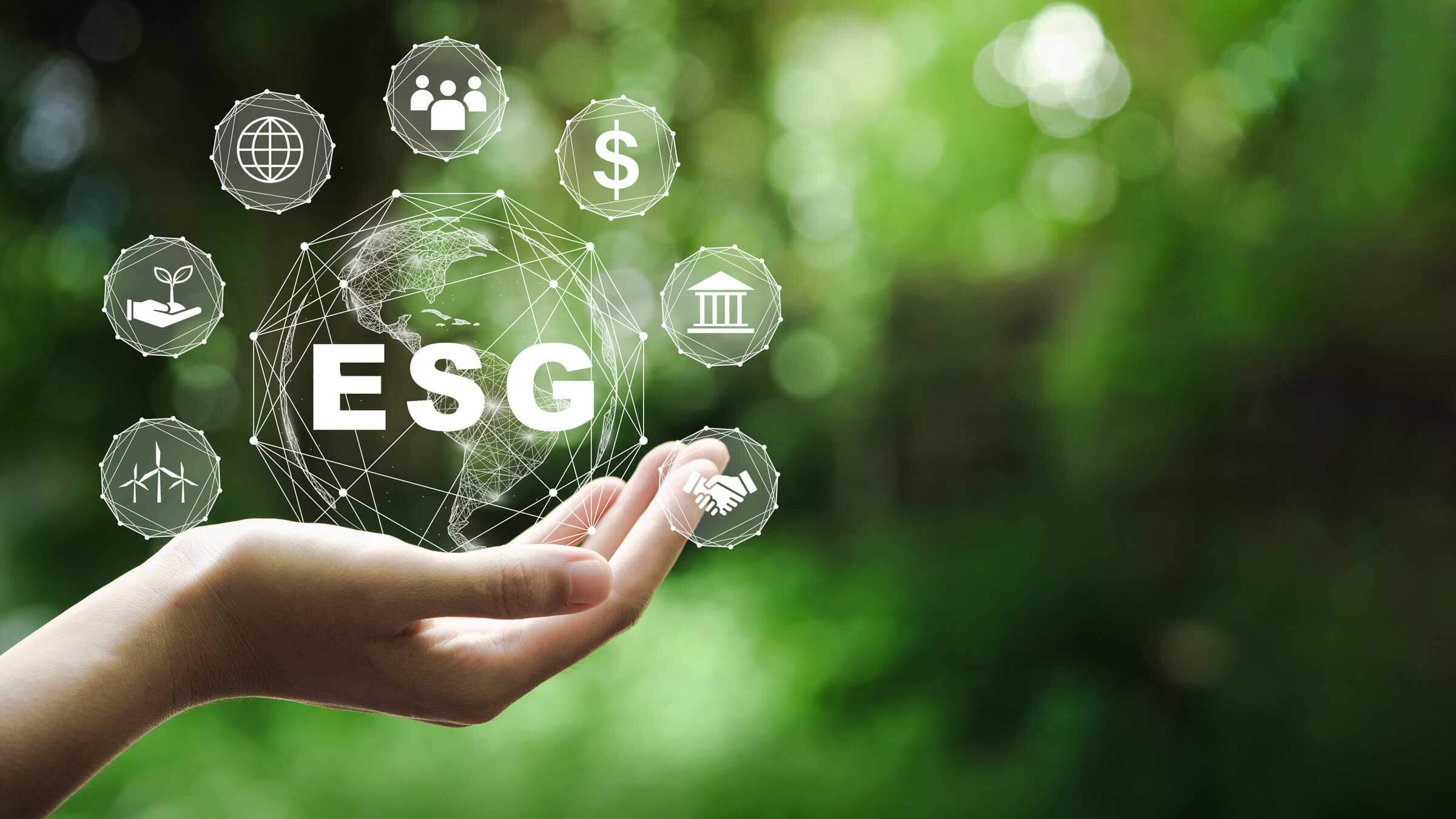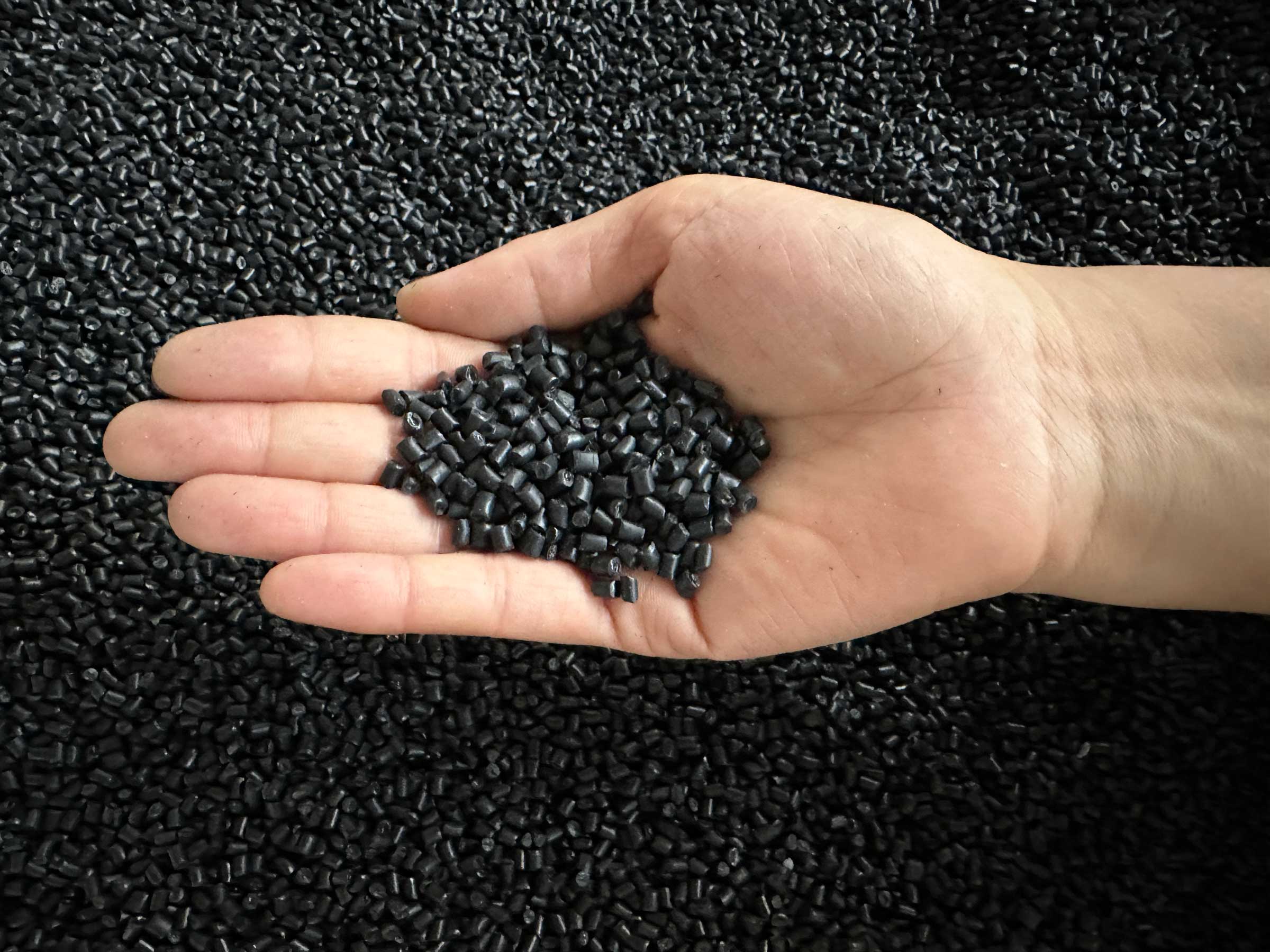As Inabox expands in the storage and organisation market, we recognise our growing influence on the environment as a manufacturer of plastic homewares.
With small, positive changes underway, we’re driving to build a better tomorrow.
The first step is to undertake a thorough emissions baseline assessment. We’re currently working with an external Australian sustainability consultancy who are following the GHG Protocol’s carbon accounting principles to assess and measure this baseline. Then, in 2024 we’ll use this assessment to set emissions reduction commitments for Inabox.
We are excited to create and share these sustainability goals with you once they are set, but over the past few years, we have already made some small changes to manage Inabox’s impact on the environment which you can explore below.
 Our products
Our products
Driven by innovation, our focus where possible, is on using recycled plastics to produce Inabox products.
By aiming to use more recycled materials in our range we are helping to contribute to a circular economy, which means we’re helping to keep plastic waste out of landfill and reduce the reliance on fossil fuels needed to produce new plastic products.
We’re proud to have made the following updates:
- From 2018-2023, all Inabox products manufactured were made on average from 76% recycled plastics, with an increase to 84% in 2023 alone.
- Our new Heavy Duty containers are made from 99% recycled plastic, the divider is 100% recycled plastic and the insert tray is 77% recycled plastic.
- Our Inabox range isn’t designed for single-use and you can use them for many years.
 Corporate governance
Corporate governance
Being an ESG-conscious brand, we recognise our responsibility to operate with ethical practices and processes in place. Amongst others not listed here, our business adheres to the following policies and certifications to help promote integrity and responsibility to all our stakeholders.
Modern slavery and ethical sourcing policy
This policy outlines the minimum standards of practice of the business, including to identify, prevent, reduce and manage modern slavery and ethical sourcing risks in its operations and supply chains. The minimum standards include a prohibition against child labour, and forced or compulsory labour. Our business welcomes and supports the 2018 Australian Modern Slavery Act, our annual Modern Slavery Statement can be accessed here.
Anti-discrimination and equal employment opportunity policy
This policy outlines our commitment to providing an environment whereby employees and others are treated fairly and with respect, and are free from discrimination.
Whistleblower policy
This policy serves as a grievance mechanism and supports complaints reporting by internal and external whistleblowers, including suppliers and other related parties on a confidential basis and without the fear of victimisation or threat of detriment.


 Our products
Our products Corporate governance
Corporate governance